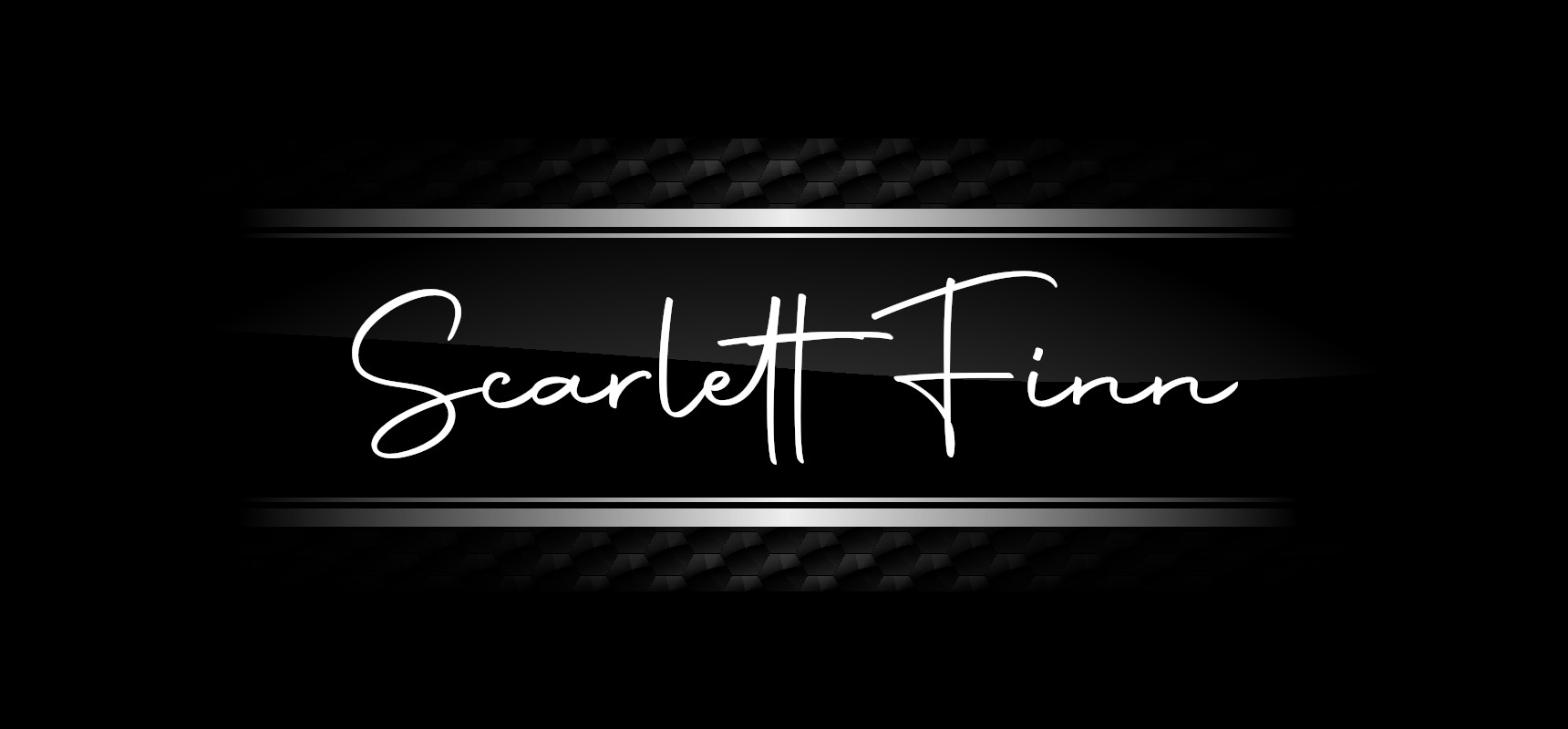
I studied business at college. A large part of business is marketing, so is economics. Here it is.
Books, in most varieties, would be classified as an “elastic” product. What this means, in its simplest form, is that as the price goes up demand will go down. Books are a “luxury” item, you don’t have to buy them.
If the price of your favourite author’s next book suddenly jumped to $900 the chances are you’re not going to run out and buy it on launch day. Whereas if an author you’ve never heard of offers a book for $0.01 then you might be willing to give it a whirl.
We can all agree that supply of ebooks is covered from every angle. If you look at the market as a whole then we know there are choices abound. Even down to the individual author, we don’t have a problem supplying a specific book. The costs to produce are minimal. Time is the greatest factor in creating our product.
Fixed costs are likely covered by our personal bills, as are the variable costs. Again, the only exception to latter would be labour, but every author going in knows that time will be required and it is usually just our own. Further down the line there may be costs accrued for editors or cover designers, etc. but realistically you can’t claw that back by inflating the cost of your novel. You would need to project exactly how many you may sell and if you’re a new author that’s virtually impossible.
When you publish through Amazon they can chose to alter the price of your books without reason or notice, which makes it very difficult for us to control sales of our product. CreateSpace is just crazy because they dictate the minimum price your book can be sold for (which is always an extortionate rate) meaning that a lot of authors are lucky to make more than a couple of pennies for sales of paperbacks. It’s the author who is judged for setting a high price – but we didn’t!
So you’ve written your book, you’ve published it, you may have set up the paperback set up too. Then comes the next big task, promote your book!
I brought up the business thing because I spend a lot of time thinking about pricing, even though it’s sometimes outwith my control. I’ve witnessed the truth of my economics professor’s words on my KDP sales dashboard. I’ve watched the coloured lines go up and down. I’ve watched the royalties go up and down too.
I want to say here that I recently read a blog post about KU and whether or not the number of the books borrowed were added to sales figure, and as such influenced rankings. I can’t find the blog post again. But if there’s anyone out there who is interested, the answer is, no. The number of units borrowed in no way contributes to your book’s rank. I’ve worked it out. Sales alone dictate the rank.
If the economics theories are correct, the next focus is factors that affect demand. So I’m certainly looking forward to winter because summer is a bummer on book sales! Especially with the glorious weather we’ve been having, lol.
But because I have been considering pricing, and marketing strategies, I want to let all new authors in on a little secret. The vast majority of promotion opportunities out there don’t do squat for you. The price for some of these advertising campaigns is nothing short of daylight robbery. I’m still new to this publishing thing too, which is why I wanted to let you know not to part with your money. It really upsets me that websites claiming to make you the next big thing prey on those eager to carve out a writing career. It’s a passion but it can leave author’s open to being taken advantage of. There are some good sites out there with reasonably priced offerings, seek those out first!
But, I’ve gone and done it again with the rambling. I’ll try to pick up this thread again soon because I have lots of views on the promotion machine, and some personal experiences I’d like to share. For now…
Good luck on your adventures,
xSx

Leave a Reply